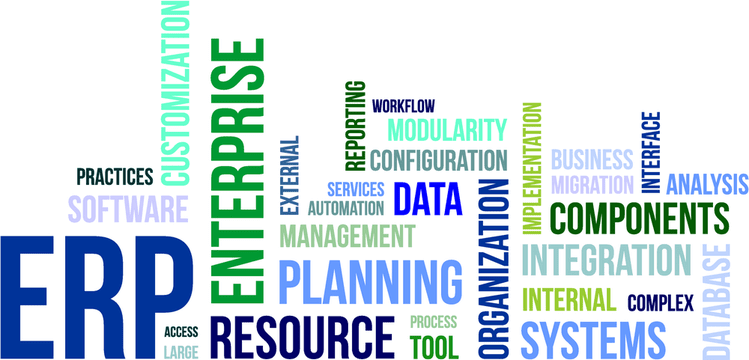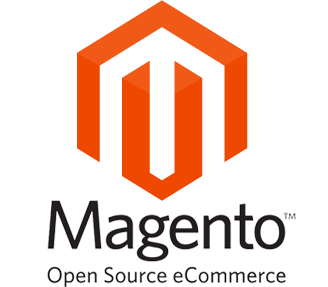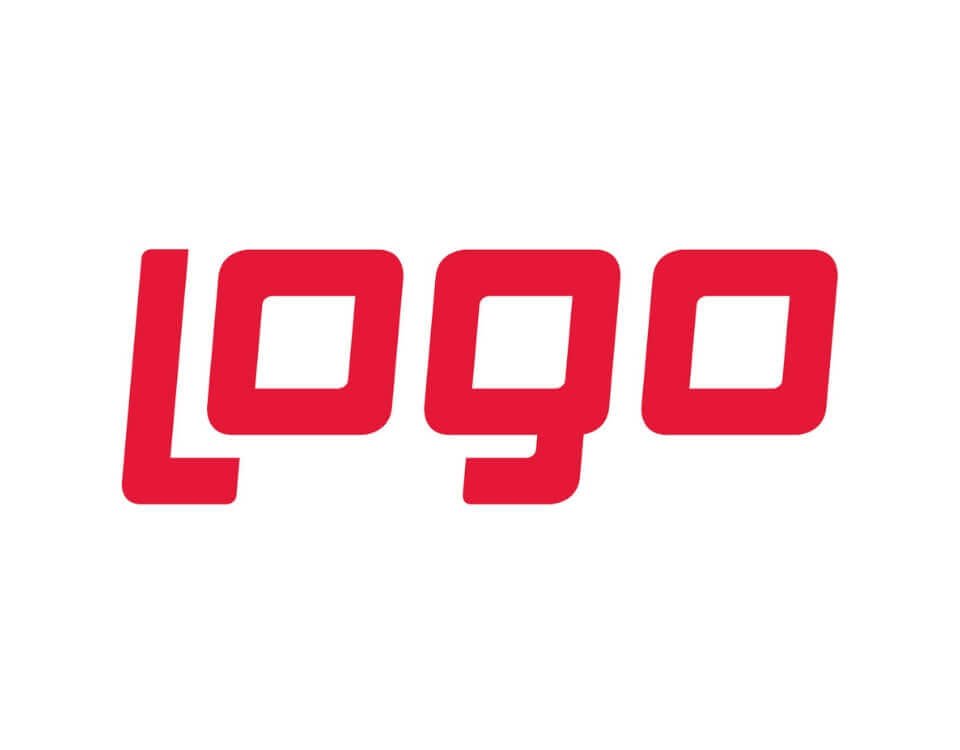What to Consider When Choosing ERP?
(Enterprise Resource Planning Enterprise Resource Planning)
ERP, or enterprise resource planning, is a software system used by businesses to manage their daily business activities. ERP software integrates different business processes such as finance, human resources, production, supply chain, procurement, project management and provides data flow. ERP software helps businesses achieve efficiency, profitability, customer satisfaction and competitive advantage.
ERP selection is a critical decision for the future of businesses. Choosing the wrong ERP can lead to loss of cost, time and productivity. Therefore, there are some important points to consider when choosing an ERP. Here are some of them:
- Compliance with corporate goals: Before choosing ERP, it is necessary to clearly identify the current and future needs and goals of the business. In this way, it can be evaluated whether the ERP software is compatible with the strategy and vision of the business.
- Compatibility with business processes: It is important that ERP software is suitable for the current business processes of the business. ERP software should offer best practices to streamline and automate business processes. ERP software should also allow for business process redesign.
- Evaluate the support and services of the supplier: The supplier is as important as the manufacturer of the ERP software. The supplier should provide adequate support and services for the installation, implementation, training and maintenance of the ERP software. The supplier’s strategies, objectives, industry knowledge and geographical spread should also be considered.
- Understand the total cost of ownership: When choosing an ERP, it is not enough to look only at the license fee. It is necessary to calculate the total cost of ownership (TCO) of the ERP system. TCO includes all costs such as hardware, software, installation, training, maintenance and updates. The return on investment (ROI) of the TCO should also be considered.
- Evaluation of software functionality: ERP software should be able to provide all the functions required by the business. It is preferable that the ERP software has a modular structure and that different modules can be added or removed as needed. It is also important that the ERP software has a user-friendly interface and can be easily customized.
- Evaluation of the technical infrastructure of the software: The technical infrastructure of the ERP software is also an important consideration. It is necessary to decide whether the ERP software is offered in the cloud or on-premises. Cloud ERP software can be more cost-effective, flexible and secure, while on-premises ERP software can offer more control and customization. It is also worth looking at the compatibility of the ERP software with existing systems and the frequency with which it is updated.
- Evaluating the adaptation strategy: When choosing an ERP, it is also necessary to determine the adaptation strategy. The adaptation strategy can be in the form of adapting the existing business processes of the business to the ERP software or changing the ERP software according to the existing business processes. Adaptation strategy affects cost, time and risk factors. Therefore, the adaptation strategy should be determined according to the needs, expectations and resources of the business.

How can I help you?
I can help with the follow-up and control of Production Processes.
Clients & Partners





 using WordPress and
using WordPress and